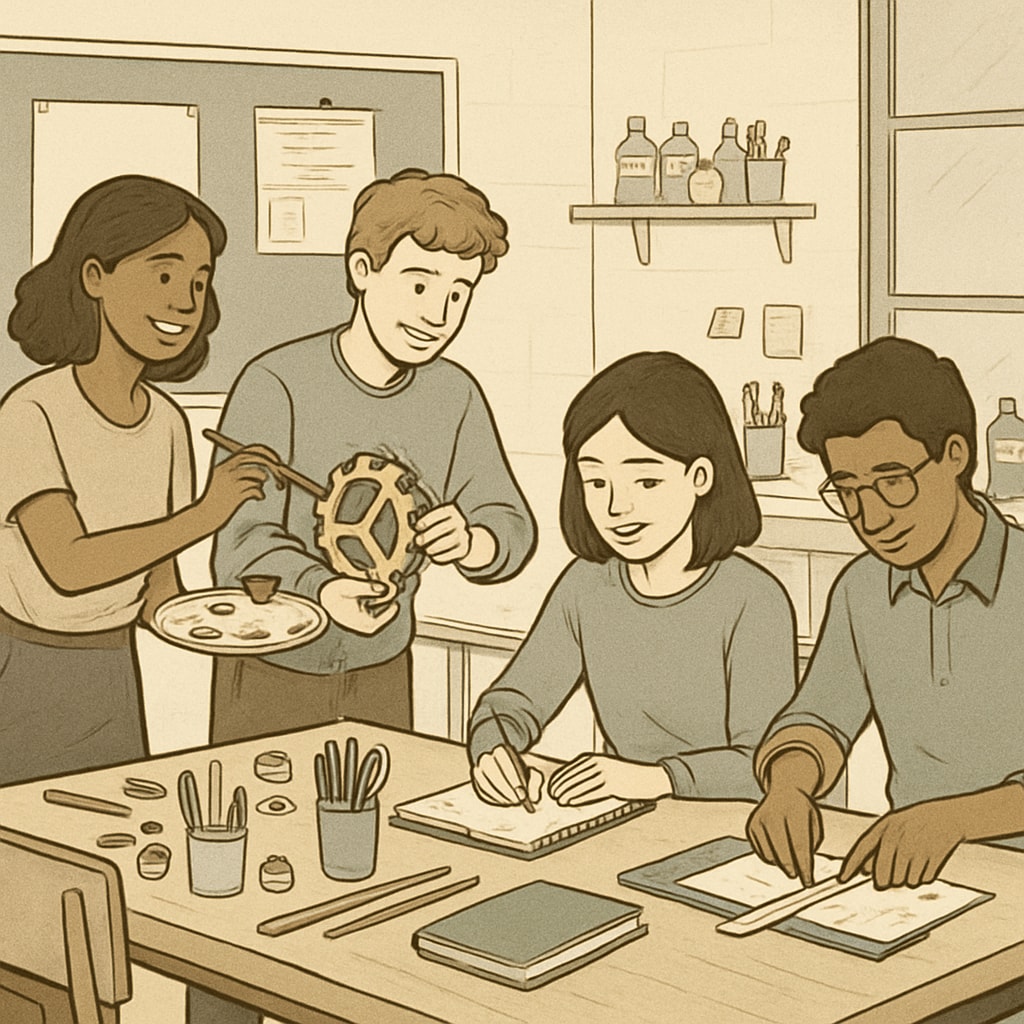For many students, GCSE results, academic concerns, and career prospects dominate conversations about their future. The anticipation of exam outcomes often triggers stress, self-doubt, and fear of being judged, not just by educators but also by peers and family. While academic achievements undeniably play a role in educational and professional pathways, they should not be the sole indicator of success. This article explores how we can redefine success in K12 education by valuing alternative education paths and fostering a more holistic perspective on personal growth and achievement.
The Overemphasis on GCSE Results and Its Implications
GCSE examinations are often regarded as the cornerstone of a student’s academic life in the UK. These results can influence admission to higher education institutions, job opportunities, and social perceptions of competence. However, overemphasis on exam outcomes can have unintended consequences. For instance, students who underperform may feel inadequate and lose confidence in their abilities, leading to long-term academic and psychological effects.
Moreover, focusing solely on grades overlooks the diverse talents and skills students possess. Creativity, problem-solving, emotional intelligence, and entrepreneurial thinking are crucial in today’s dynamic job market, yet they are often underrepresented in traditional exam frameworks.

Exploring Alternative Education Paths
For students worried about GCSE results, it’s essential to recognize that multiple pathways lead to success. Vocational training, apprenticeships, and specialized skill programs are increasingly valued in industries like technology, healthcare, and the arts. These routes allow students to focus on practical skills and gain hands-on experience, often leading to fulfilling and well-paid careers.
For example, apprenticeship programs in fields such as engineering or digital marketing provide both training and industry exposure. Similarly, vocational qualifications like BTECs (Business and Technology Education Council Certificates) offer an alternative to the traditional academic route, equipping students with relevant skills for real-world applications.
Notable organizations and resources, such as the UK’s Apprenticeships Guide and the City & Guilds, offer valuable information for students exploring these alternatives.

Fostering Resilience and Redefining Success
One of the most critical aspects of overcoming academic concerns is fostering resilience and mental well-being. Students need to understand that setbacks are part of the learning process and do not define their worth. Schools, families, and communities can play a pivotal role in reshaping narratives around success by emphasizing growth, effort, and character development over test scores.
- Encouraging Growth Mindsets: Teachers and parents can promote a growth mindset by praising effort and perseverance rather than outcomes.
- Providing Support Systems: Access to counseling services, mentorship programs, and peer support groups can help students navigate academic challenges.
- Celebrating Diverse Talents: Schools can implement extracurricular activities that highlight non-academic achievements, such as sports, arts, and community service.
By shifting the focus from grades to holistic development, we empower students to see themselves as multi-faceted individuals capable of success in multiple areas.
Conclusion: Looking Beyond GCSE Results
The conversation around GCSE results, academic concerns, and career prospects must evolve to reflect the complexities of the modern world. While academic performance is important, it is just one piece of the puzzle. By embracing alternative education paths, fostering resilience, and redefining success, we can create a more inclusive and empowering education system. Students should be encouraged to explore their passions and talents, knowing that their value extends far beyond a set of exam scores.
Ultimately, the goal of education should be to equip young people with the tools they need to lead meaningful, fulfilling lives—regardless of their GCSE results.
Readability guidance: This article uses concise paragraphs, clear transitions, and real-world examples to maintain reader engagement. Lists are utilized to summarize key points, and external links provide additional resources for further exploration.


